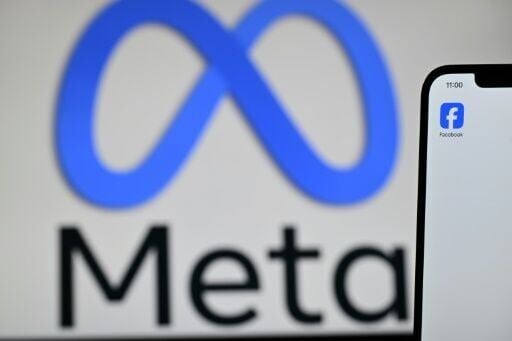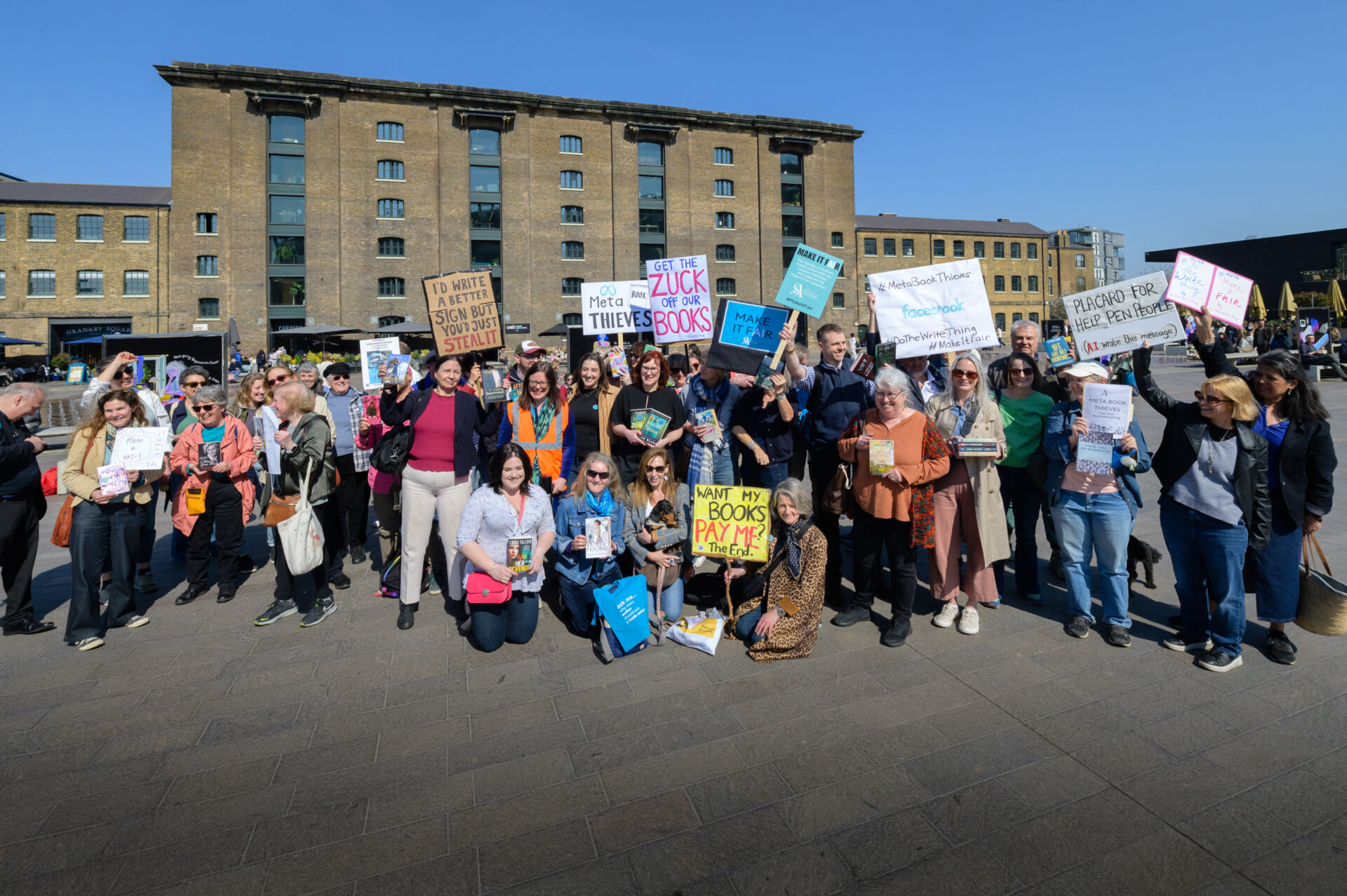Authors hold London protest against Meta for 'stealing' work to train AI
A US court filing earlier this year alleged that Meta mined the online library 'LibGen' to train its AI models. Around 100 authors protested outside the London headquarters of Meta, accusing the tech giant of "stealing" content to train its Artificial Intelligence models. The authors chanted "Meta, Meta, book thieves" as they marched towards the Meta building, carrying placards with messages like "I'd write a sign but you'd steal it" and "Get the Zuck off our books", referencing Meta CEO Mark Zuckerberg.

Allegations and Responses
The court filing earlier this year claimed that Zuckerberg approved the use of the online library "LibGen" which contains over 7.5 million books for training Meta's AI models. The Atlantic magazine released a searchable database of the titles in "LibGen" to help authors determine if their works were used. A Meta spokesperson stated that their use of information to train AI models complies with existing laws and respects third-party intellectual property rights.

However, authors like AJ West, who found their work on the database, expressed feeling "abused and disgusted" by the unauthorized use of their content. West, along with other prominent authors, attempted to deliver a letter to Meta, highlighting their concerns about the issue.
Call for Government Intervention
Authors urged the UK government to intervene, criticizing the Culture Secretary for not addressing what they consider "the biggest attack on British copyright in history". They emphasized the importance of copyright in sustaining the creative industry, which contributes significantly to the UK economy.

The protest highlighted growing concerns among creators regarding companies using generative AI platforms to analyze copyrighted works. The debate around US "fair use" provisions and the rights of creators in the digital age is gaining attention in legal proceedings.
Artist and author Sophie Parkin expressed frustration over the situation, emphasizing the impact on creators and calling for government action to protect intellectual property rights. The protest signifies a broader discussion on the intersection of technology, creativity, and copyright laws.
This article was originally published on doc.afp.com, part of the BLOX Digital Content Exchange.




















